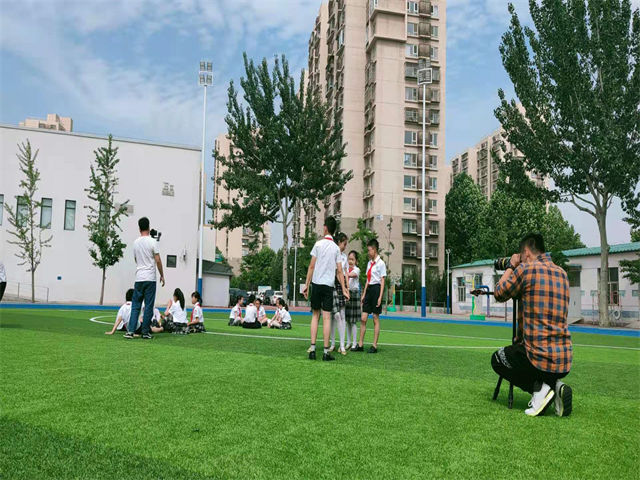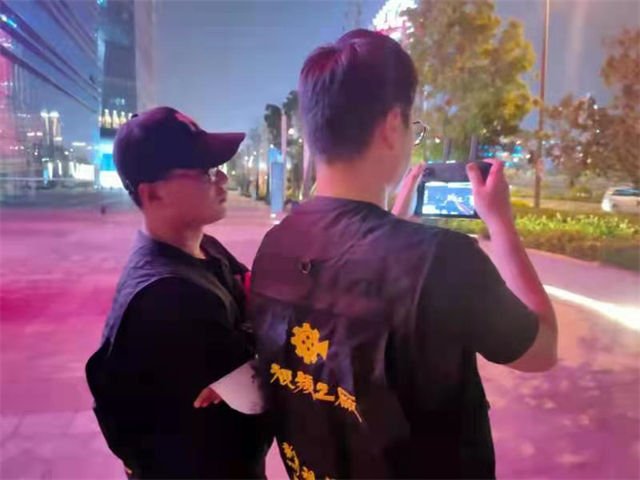Introduction
As we all know, English has become the global language of communication. It is used by millions of people worldwide as a means of exchanging information and ideas. In today’s interconnected world, English proficiency is essential for success in many fields. However, for Chinese speakers, English is a notoriously difficult language to master. That’s why we need to explore effective ways to make learning English easier and more efficient.

The Challenge of Learning English for Chinese Speakers
There are several reasons why Chinese speakers may find English challenging. The first and most obvious is the difference in grammar and sentence structure. English uses subject-verb-object word order, which is different from Chinese. In addition, English has a vast vocabulary with many words that have multiple meanings. Second, English pronunciation is very different from Chinese, and it can be difficult to produce the correct sounds without sufficient training. Third, Chinese learners may struggle with English idioms, phrasal verbs, and other language features that are unique to English.
The Benefits of Using Video to Learn English
One effective way to overcome these challenges is by using video to learn English. Video provides a multi-sensory learning experience by incorporating visuals, audio, and text. This engages the learner’s attention and makes it easier to acquire new information. Video can also be paused, rewound, and replayed, allowing the learner to practice and reinforce what they have learned. Additionally, using video allows the learner to hear native speakers pronouncing words and phrases correctly, improving their own pronunciation skills. This is especially helpful for Chinese speakers who may have difficulty producing certain English sounds.
How to Use Video for English Learning
To effectively use video to learn English, it is important to choose appropriate content. Videos should be at a level that is appropriate for the learner's proficiency. Videos that are too difficult can be frustrating, while videos that are too easy may not provide sufficient challenge. Additionally, videos should be accompanied by subtitles, both in English and the learner's native language, to reinforce the association between the written and spoken words. Finally, videos should be supplemented with other language learning activities, such as vocabulary building exercises, grammar drills, or conversation practice.
Conclusion
Learning English can be a daunting task for Chinese speakers. However, by using video to learn English, learners can overcome many of the challenges they may encounter. Video provides a dynamic, engaging learning experience that can improve pronunciation skills, reinforce language learning, and build vocabulary. In today’s globalized world, the ability to communicate effectively in English is more important than ever, and video-based language learning is an effective way to acquire the skills needed to be successful.





